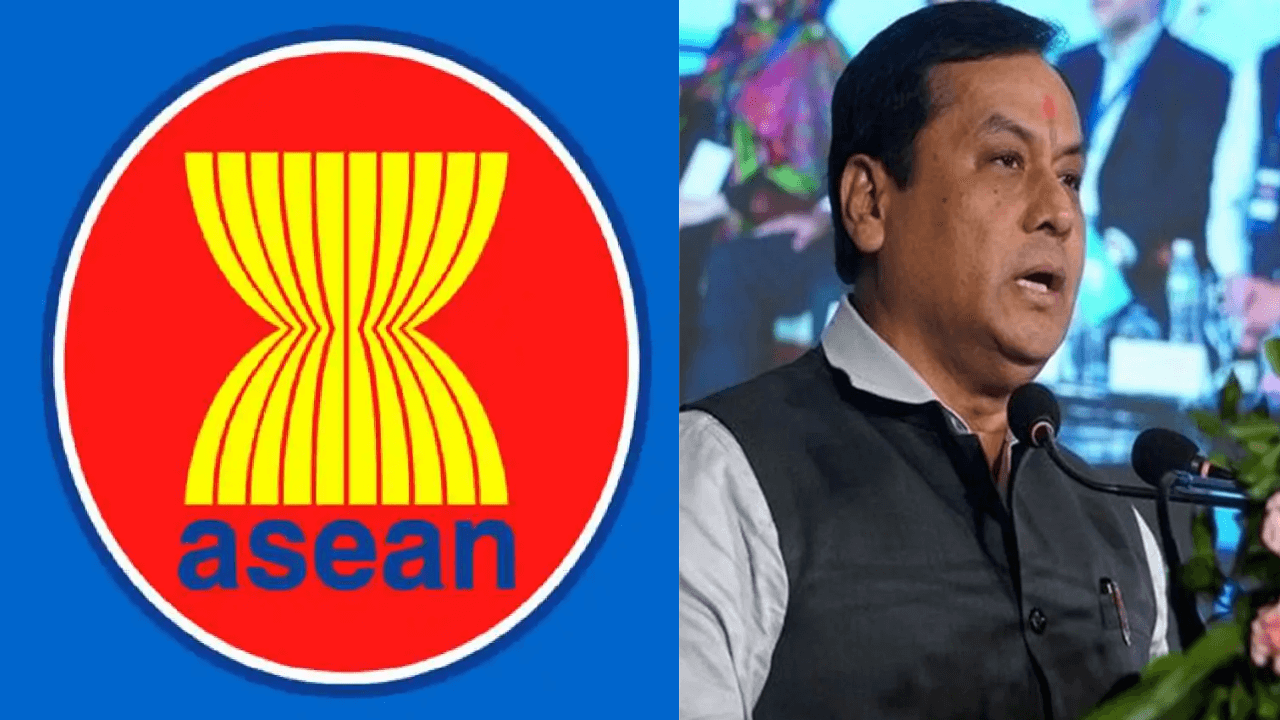India is all set to host the ASEAN Countries Conference on Traditional Medicines at Vigyan Bhawan in New Delhi on July 20, 2023. With participation from eight ASEAN countries, along with two virtual delegates, this one-day conference aims to promote collaboration and the exchange of best practices in the field of Traditional Medicines.
Enhancing Collaboration and Sharing Best Practices
The Ministry of Ayush, with support from the Ministry of External Affairs, Indian Mission to ASEAN, and the ASEAN Secretariat, is organizing the Conference on Traditional Medicines for ASEAN Countries. The objective is to foster closer ties between India and ASEAN nations by facilitating the sharing of best practices and establishing a roadmap for future cooperation in Traditional Medicines. The conference will serve as a platform for discussing recent developments in the regulatory framework for promoting Traditional Medicine in ASEAN member states.
Act East Policy: Strengthening Regional Relations
The Act East Policy, initiated by Prime Minister Shri Narendra Modi during the 12th ASEAN-India Summit, plays a pivotal role in India’s engagement with the Asia-Pacific region. This policy focuses on bolstering economic, strategic, and cultural relations with Indo-Pacific countries, while prioritizing the economic development of the Northeastern Region (NER). The Act East Policy is centered around four key pillars: Commerce, Connectivity, Capacity Building, and Culture. It also addresses security concerns in the South China Sea and the Indian Ocean.
Association of Southeast Asian Nations (ASEAN)
Established on August 8, 1967, through the signing of the ASEAN Declaration, ASEAN consists of ten Southeast Asian nations. The primary objectives of ASEAN are to accelerate economic growth, social progress, and cultural development within the region, while promoting regional peace and stability based on justice, the rule of law, and the principles outlined in the United Nations Charter.
About the Ministry of Ayush
The Ministry of Ayush, established in 2014, is dedicated to revitalizing ancient medicinal systems and promoting the growth and development of Ayush healthcare systems. Previously known as the Department of Ayurveda, Yoga, and Naturopathy, Unani, Siddha, and Homeopathy (Ayush), the ministry focuses on education, research, and the promotion of Ayurveda, Yoga, Naturopathy, Unani, Siddha, and Homeopathy.
Conclusion
The upcoming ASEAN Countries Conference on Traditional Medicines in India highlights the nation’s commitment to strengthening collaboration and knowledge sharing among ASEAN member states. By promoting the exchange of best practices and facilitating discussions on regulatory frameworks, this conference aligns with India’s Act East Policy and contributes to regional cooperation. It provides a valuable platform for enhancing ties between India and ASEAN countries, fostering mutual understanding and advancements in the field of Traditional Medicines.
- 3 August Current Affairs 2023 in English
- MoU Between Subroto Mukerjee Sports and Education Society and All India Football Federation (AIFF) to Promote Football at Grassroot Level
- Dr. Mansukh Mandaviya Delivers Keynote Address at the 13th Indian Organ Donation Day ceremony
- Education Ministry Forms Expert Panel on Anti-Discrimination in Higher Education
- Concerns Arise Over Cheetah Deaths at Kuno National Park
